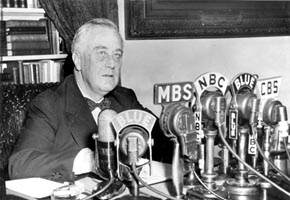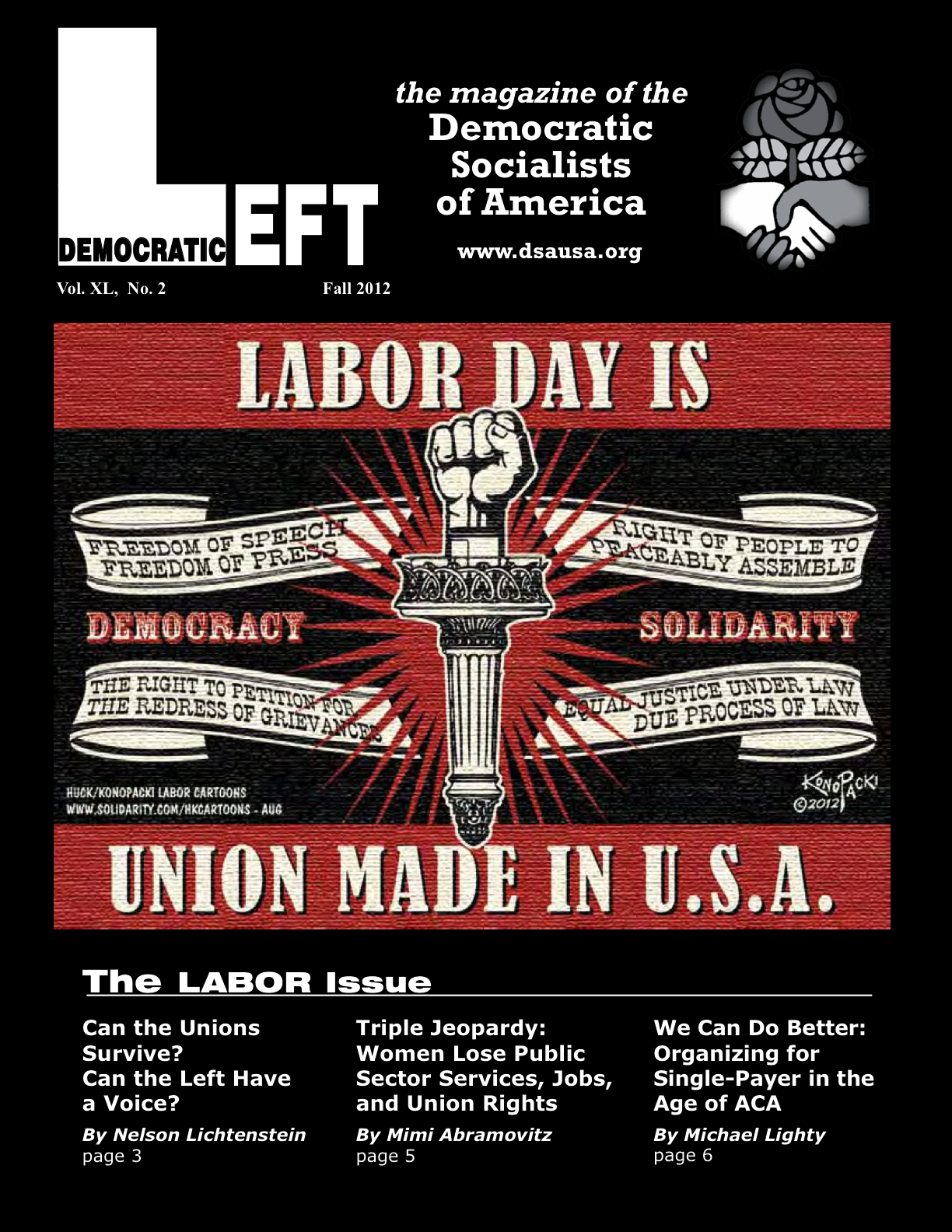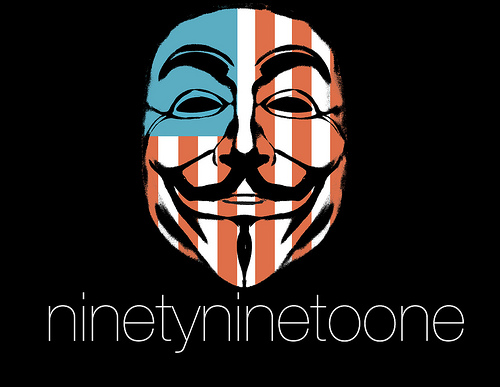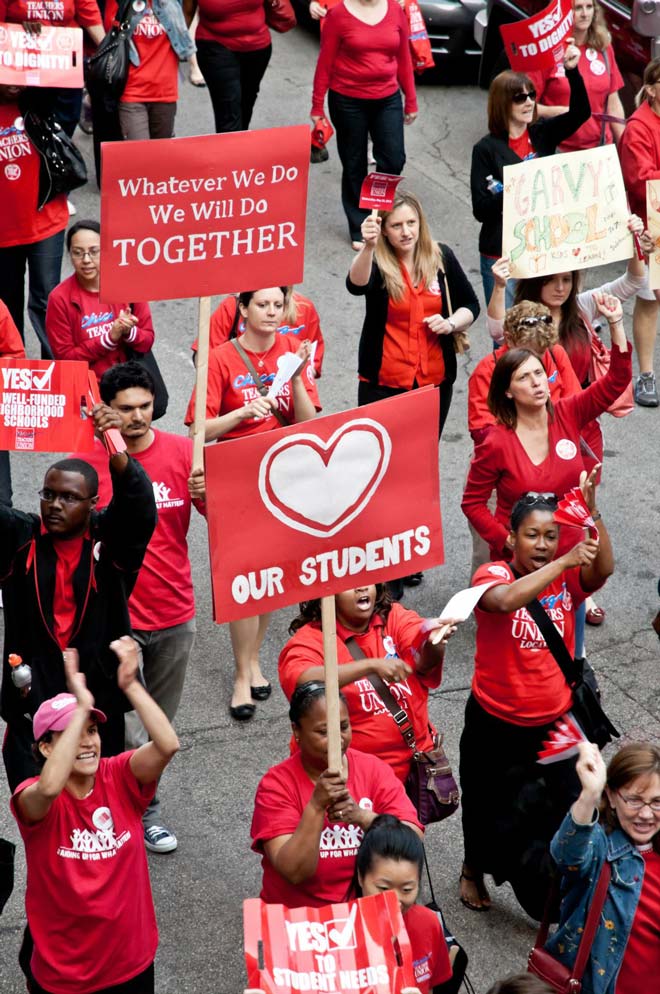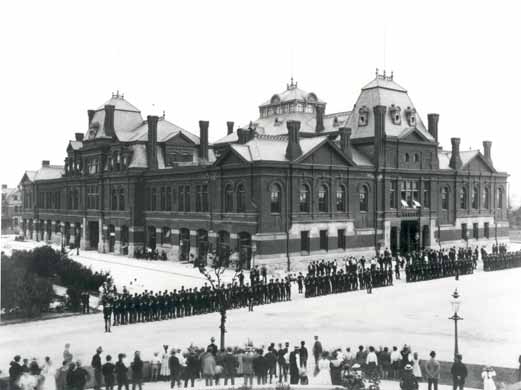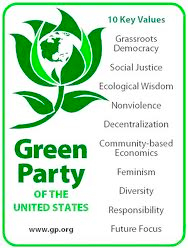 Having vowed that I would not vote for President Obama again after he went back on his word and signed the NDAA, I have been a man without a party for much of the year. I’ve examined all of the candidates who are on the ballot here in Illinois (and several who are not). After months of thoughtful and prayerful consideration, I’ll be voting for the Green Party ticket of Jill Stein and Cheri Honkala on November 6th.
Having vowed that I would not vote for President Obama again after he went back on his word and signed the NDAA, I have been a man without a party for much of the year. I’ve examined all of the candidates who are on the ballot here in Illinois (and several who are not). After months of thoughtful and prayerful consideration, I’ll be voting for the Green Party ticket of Jill Stein and Cheri Honkala on November 6th.
Here’s why.
The Greens’ platform, which focuses on democracy, social justice and sustainability, reflects my deepest values and concerns. It does that better than any other party on the ballot in Illinois. Also, the Greens have a record, both in the United States and worldwide, of putting these values into action when elected. I agree with what they propose, and I trust them to hold with it once in office.
The Greens are here to stay. The Republicans and Democrats do their best to keep a lock on ballot access throughout the United States. As a result, it is difficult for other parties (whether on the left or the right) to maintain a national presence over time. The U.S. Greens have continued to grow since first winning local races in Wisconsin back in 1986. They have contested the Presidency since 1996, and as a voluntary confederacy of state parties, they continue to build from the ground up. It seems to me that this is the only way to effectively challenge the powers that be over the long term.
The Greens are worldwide. The most serious problems we face in this age are not peculiar to the Unites States. In fact, I believe that our very existence as a species on this planet depends on organizing and working in solidarity internationally. The Greens are well established in Europe and Canada, and are gaining a foothold in Africa, Asia and the Pacific, and throughout the Americas. Their call to “think globally and act locally” seems a practical approach to finding and implementing solutions.
My vote for the Greens can make a difference. Michael Harrington once remarked that the Democratic Party is “the left wing of reality” in the United States. Forty years later, one might well say the same thing of the Greens. I have no illusions that Stein will be elected President in 2012, but I do believe that helping the Green Party reach the threshold that offers them likely ballot access in future elections is the one cause where my vote will actually make a difference.



I’ve not yet decided to formally join the Green Party of Illinois. I plan to continue to learn more about their activities and organization over the coming months, as I’m doing with a lot of leftist and left-leaning groups at this point. I’d also like to see where leadership emerges and consensus develops on the left as the global political and economic crisis unfolds.
I know that my decision to cast my vote for the Greens this year will draw some criticism, particularly from my erstwhile colleagues in the Democratic Party, who will say that a vote for anyone other than President Obama is, in effect, a vote for Romney. To them, I simply reply that if Obama can’t win Illinois without my vote, then his candidacy is already doomed.
I also know quite a few Illinois Socialists who are still stinging from the Green Party’s challenge to their ballot petitions this year, and who may be sore at me for giving the Greens my support. Still other friends believe that participating in the electoral process at all only serves to support a decadent system that is at the root of most of our troubles to begin with. All I can say in response is that old habits die hard. I just can’t fathom staying away from the polls, or casting a write-in vote that won’t be counted.
A Fellow Worker that I once knew was fond of musing “If all of the people who say they wish there was a viable alternative would vote for an alternative, it would be viable.” My conscience tells me to put that sentiment into practice this year.

